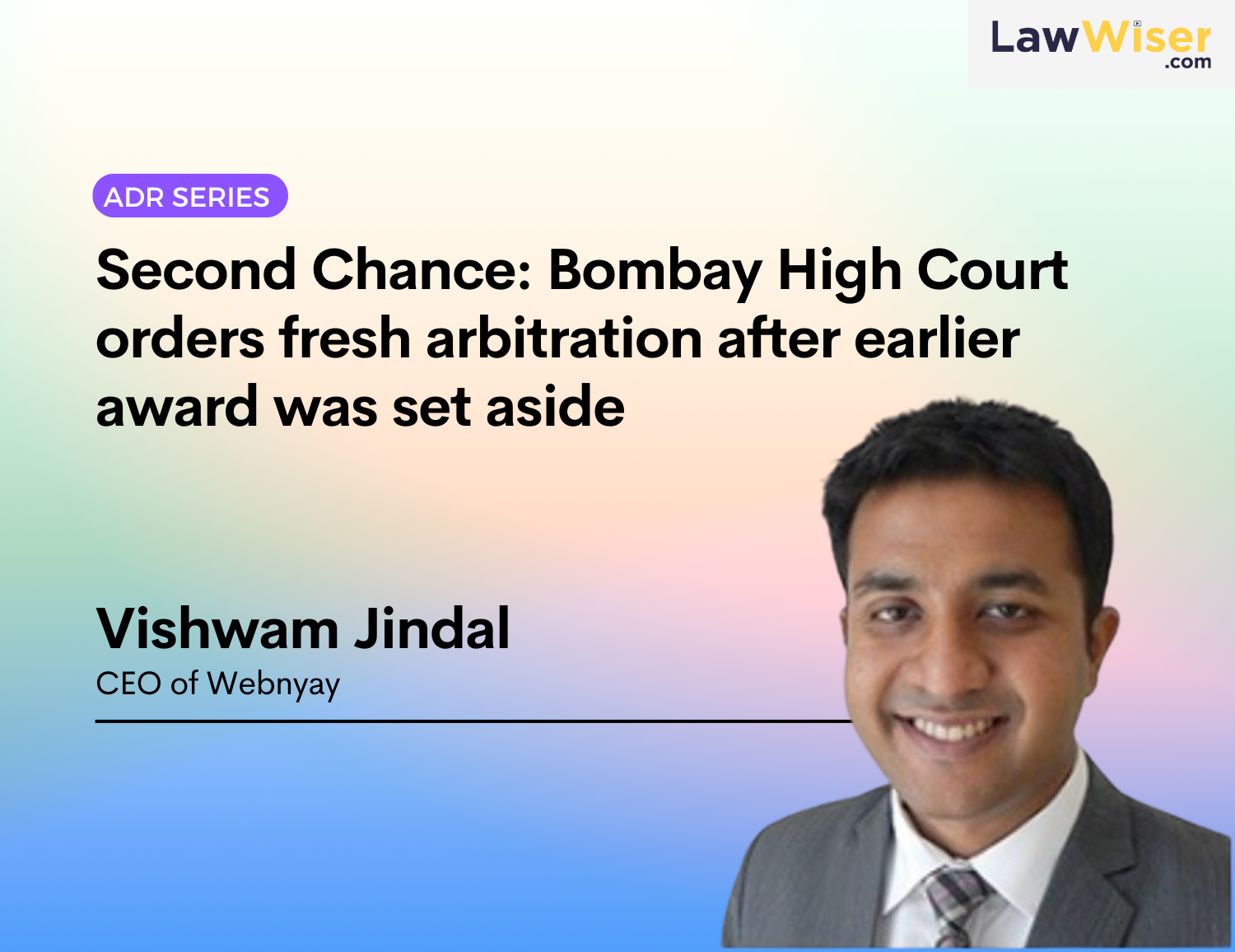In Conversation with Sanjit Kaur Batra, Group Vice President – Legal and Legal Head – India at Cummins India
Previously viewed as a department solely focused on expenses, legal teams have undergone a significant shift. What are the key factors that have propelled legal teams from a cost centre to a strategic partner within organizations?
As the legal and regulatory environment becomes more connected, complex, stringent and ambiguous, organisations need pragmatic advice on how to grow, operate and stay compliant within the framework of laws and regulations, ethics as well as internal policies. This is where the legal function steps in. Instead of being a naysayer as was perceived historically, the legal function has now become a partner and an enabler. The in-house counsels’ focus to first understand the intricacies of the market as well as the business; and then provide solutions that not only factors in the risks involved but also ways to mitigate those risks, has created a paradigm shift in how the legal function is perceived. Moreover, with the world being so closely connected and organisations doing business in multiple jurisdictions, the in-house legal team brings in the expertise to help the business navigate in areas that might traditionally be unchartered. Also, with the disruptive technology that is encompassing the world, business needs partners who can help them operate within the guardrails of law and acceptable risk while protecting the interests of the organisation. The in-house counsels have thus, been able to bring value to the table by being strategic and trusted advisors. Also, by virtue of our legal training, we are well equipped to understand the complexities and identify the core issues to help an organisation navigate the intersection of the legal, regulatory and commercial transactions.
Can you share the impact mentorship had on your professional journey? In your current role, what are the opportunities you get to mentor young talent?
I have been blessed to have had some amazing mentors, both in my personal and professional life. My parents were the ones who brought me up to be an independent thinker and not follow the societal stereotypes. My managers in my formative years have helped me build a strong foundation, not only about the legal nuances but also the importance of work ethics, while my mentors in the later part of my career have taken a bet on me and pushed me to step out of my comfort zone. They have encouraged me to wear more than my legal hat and expand my horizons. I am incredibly grateful to all of them and truly believe that they have influenced me to become the professional and the person that I am.
I am not a big believer in formal mentorships but consider it an imperative to create a safe space for my teams and other colleagues to have candid conversations as well as to empower them to help them chart their own destiny. I also believe that learning in such exchanges is not one way but is equally enriching for the mentor and helps me embrace new ideas and ways of working. In my current role, my endeavour is to help each person in my team reach their full potential. Whenever possible, I also share my life experiences with young students and provide insights about the ‘real world’. I consider myself a lifelong learner and hence these formal and informal mentorship opportunities help me evolve as well.
With the recent surge in data privacy regulations (e.g., Digital Personal Data Protection Act, 2023), many companies are struggling to comply. Do you think in-house legal teams in the technology industry might benefit from adding specialists in data privacy to effectively address these challenges?
I would not like to speak on behalf of the industry, but we do have lawyers specialising in data privacy and that adds value to the team as we all prepare the organisation to strength the process and/or make changes to meet the requirements for the new regulations. Being a global organisation, we also have the advantage of having colleagues who have seen similar regulations bring rolled out in different jurisdictions and their insights help us immensely in India to understand the impact of the new regulations and its practical aspects.
How do you think technology is helping you excel and drive more efficiency in your team? Beyond existing tools, are there any specific legal tasks you find most time-consuming or frustrating that you think future technology could solve to make in-house legal teams more efficient?
I am a huge supporter of using technology to improve efficiency, processes and the use of a lawyer’s time. We have a Legal Operations vertical within the Legal function to identify and standardise processes, maintain the digital tools as well as evaluate new technological solutions for the team so that the lawyers can focus on more strategic work.
AI generative tools, in my view, could potentially be helpful to further improve the efficiency and turnaround times, provided the necessary safeguards for their usage are maintained.
What do you think are the three most important skill sets that both recent law graduates and seasoned professionals need to develop in order to excel in these dynamic in-house legal environments?
At a more senior level, having the courage to speak up even if your voice is the lone voice in the boardroom is an imperative for an in-house counsel. Across all levels, having a strong legal acumen and the ability to communicate it effectively; willingness to be a lifelong learner; as well as the ability to collaborate in a cross functional team and suggest acceptable solutions are important skills that bring value to the legal function as well as the broader organisation.



 August 20, 2024
August 20, 2024








 September 2, 2025
September 2, 2025 0 COMMENTS
0 COMMENTS


